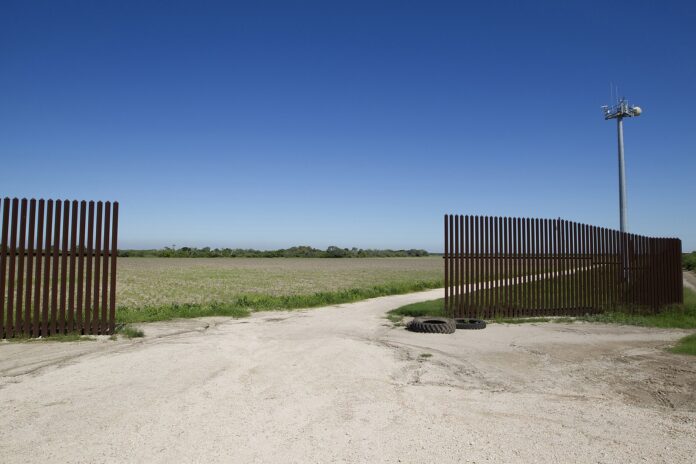The Council on American-Islamic Relations (CAIR) and its Texas chapter are calling for an investigation after a Los Angeles Times article revealed “a disproportionate prosecution of Muslim refugees at the southern border.”
The article, written by LA Times Immigration Policy Reporter Hamed Aleaziz, found that the U.S. attorney’s office in Del Rio, Texas, has been charging migrants with violating an old law called U.S. 19 1459. The law says that anyone crossing into the United States must do so at a checkpoint and report to a customs office.
For an 18-month period starting in October 2021, the U.S. attorney’s office in Del Rio charged more than 200 migrants with violating U.S. 19 1459. More than 60 percent of those 200 migrants were from Muslim-majority countries, despite people from Muslim-majority countries only making up less than 5 percent of the people who cross the Southern border.
Many of the people charged pleaded guilty and spent more than seven months in jail.
CAIR is asking the U.S. Department of Justice to investigate the disproportionate prosecution of Muslim asylum seekers.
“The longstanding mistreatment and dehumanization of people seeking asylum on our southern border has reached a new low in the revelation that a majority of those people who have been criminally charged are from majority Muslim countries. The Department of Justice’s inspector General should investigate this possible pattern of discriminatory prosecution. We at CAIR-Houston also call on the DOJ to halt any proven discriminatory practices,” CAIR-Houston Director of William White said in a press release.
AsAmNews is published by the non-profit, Asian American Media Inc.
We’re now on BlueSky. You can now keep up with the latest AAPI news there and on Instagram, TikTok, Facebook, YouTube and X.
We are supported by generous donations from our readers and by such charitable foundations as the Robert Wood Johnson Foundation.
You can make your tax-deductible donations here via credit card, debit card, Apple Pay, Google Pay, PayPal and Venmo. Stock donations and donations via DAFs are also welcomed.


